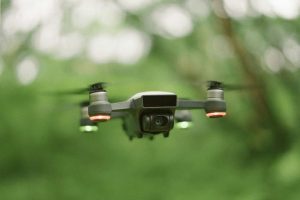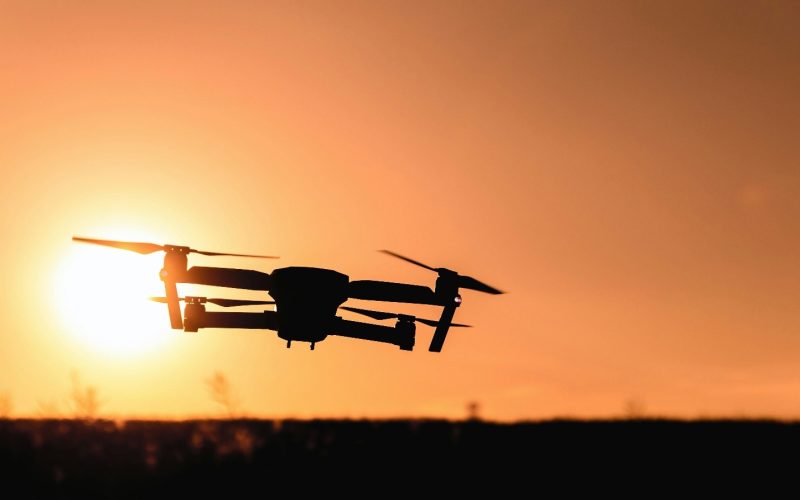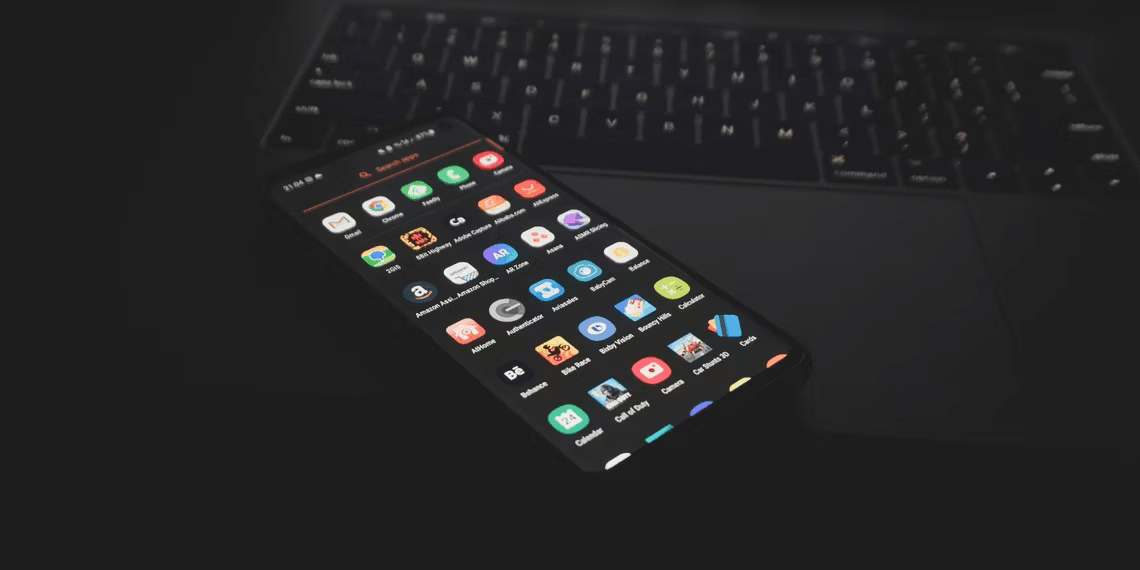Review: Best Drones for Aerial Photography
In the rapidly evolving world of aerial photography, drones have become an indispensable tool for both amateurs and professionals. These flying devices offer unique perspectives and high-quality images that were once only achievable through expensive equipment and extensive expertise. With technological advancements, drones are now more accessible, user-friendly, and packed with features that cater to photographers of all levels. In this article, we review the best drones for aerial photography in 2024, highlighting their key features, pros, cons, and value for money.

- DJI Mavic 3
Overview
The DJI Mavic 3 is a top-tier drone designed for professional aerial photography. It boasts a dual-camera system with a 4/3 CMOS sensor and a telephoto lens, delivering exceptional image quality and versatility.
Key Features
- Camera: Dual-camera system with 20MP 4/3 CMOS sensor and 12MP telephoto lens.
- Flight Time: Up to 46 minutes.
- Range: 15 kilometers.
- Stabilization: 3-axis gimbal.
- Additional Features: Advanced obstacle sensing, O3+ transmission system, and smart features like MasterShots and ActiveTrack 5.0.
Pros
- Exceptional image and video quality.
- Long flight time.
- Robust build and advanced features.
Cons
- Expensive.
- Complex for beginners.
Price
$2,199
- Autel Robotics EVO Lite+
Overview
The Autel Robotics EVO Lite+ is a versatile drone with a 1-inch CMOS sensor capable of capturing stunning 50MP photos and 6K video. It’s designed for both enthusiasts and professionals seeking high-quality aerial imagery.
Key Features
- Camera: 50MP 1-inch CMOS sensor.
- Flight Time: Up to 40 minutes.
- Range: 12 kilometers.
- Stabilization: 3-axis gimbal.
- Additional Features: Adjustable aperture, obstacle avoidance, and dynamic tracking.
Pros
- High-resolution photos and videos.
- Adjustable aperture for creative flexibility.
- Long flight time.
Cons
- Pricey.
- Limited availability of accessories.
Price
$1,349
- DJI Air 2S
Overview
The DJI Air 2S is a compact and powerful drone that combines portability with professional-grade performance. It features a 1-inch CMOS sensor and intelligent flight modes that make capturing cinematic shots effortless.
Key Features
- Camera: 20MP 1-inch CMOS sensor.
- Flight Time: Up to 31 minutes.
- Range: 12 kilometers.
- Stabilization: 3-axis gimbal.
- Additional Features: MasterShots, FocusTrack, and 5.4K video recording.
Pros
- Excellent image quality.
- Compact and portable.
- Intelligent flight modes.
Cons
- Shorter flight time compared to high-end models.
- Limited manual control options.
Price
$999
- Skydio 2+
Overview
The Skydio 2+ is renowned for its advanced autonomous flying capabilities, making it an excellent choice for dynamic aerial photography. It features six 4K navigation cameras that enable precise obstacle avoidance and stunning 12MP photo capture.
Key Features
- Camera: 12MP sensor with 4K video capability.
- Flight Time: Up to 27 minutes.
- Range: 6 kilometers.
- Stabilization: 3-axis gimbal.
- Additional Features: Autonomous flying, obstacle avoidance, and subject tracking.
Pros
- Superior autonomous flying.
- Reliable obstacle avoidance.
- Easy to use.
Cons
- Limited camera resolution.
- Shorter flight time.
Price
$1,099
- Parrot Anafi USA
Overview
The Parrot Anafi USA is a rugged and reliable drone, particularly favored for its thermal imaging capabilities. It’s ideal for both creative photography and professional uses such as inspections and search-and-rescue missions.
Key Features
- Camera: 32x zoom camera with 21MP sensor and FLIR Boson thermal camera.
- Flight Time: Up to 32 minutes.
- Range: 4 kilometers.
- Stabilization: 3-axis gimbal.
- Additional Features: Thermal imaging, zoom capabilities, and robust design.
Pros
- Thermal imaging capability.
- Versatile camera functions.
- Durable build.
Cons
- Shorter range.
- Higher price for thermal features.
Price
$7,000
Competitive Table
| Product Name | Key Features | Pros | Cons | Price |
| DJI Mavic 3 | Dual-camera system, 46-min flight time | Exceptional image quality, long flight time | Expensive, complex for beginners | $2,199 |
| Autel Robotics EVO Lite+ | 50MP camera, 6K video, adjustable aperture | High-resolution images, long flight time | Pricey, limited accessories | $1,349 |
| DJI Air 2S | 20MP camera, compact, intelligent flight modes | Excellent image quality, portable | Shorter flight time, limited manual controls | $999 |
| Skydio 2+ | 12MP camera, autonomous flying, obstacle avoidance | Superior autonomy, easy to use | Limited resolution, shorter flight time | $1,099 |
| Parrot Anafi USA | 21MP camera, thermal imaging, 32-min flight time | Thermal imaging, versatile camera | Shorter range, high price | $7,000 |
Analysis Table
| Product Name | Best For | Pros | Cons | Value for Money (1-5) |
| DJI Mavic 3 | Professional Photography | Exceptional image quality, long flight time | Expensive, complex for beginners | 4.5 |
| Autel Robotics EVO Lite+ | High-Resolution Imaging | High-resolution images, long flight time | Pricey, limited accessories | 4.0 |
| DJI Air 2S | Portable Professional Photography | Excellent image quality, portable | Shorter flight time, limited manual controls | 4.5 |
| Skydio 2+ | Autonomous Flying | Superior autonomy, easy to use | Limited resolution, shorter flight time | 4.0 |
| Parrot Anafi USA | Thermal Imaging and Versatility | Thermal imaging, versatile camera | Shorter range, high price | 3.5 |
Conclusion
Choosing the right drone for aerial photography in 2024 depends on your specific needs and budget. The DJI Mavic 3 stands out for its exceptional image quality and advanced features, making it ideal for professional photographers. The Autel Robotics EVO Lite+ offers high-resolution images and creative flexibility with its adjustable aperture. For those seeking portability without compromising on quality, the DJI Air 2S is a compact powerhouse. The Skydio 2+ excels in autonomous flying, perfect for dynamic shots and ease of use. Lastly, the Parrot Anafi USA is unmatched in versatility, especially with its thermal imaging capabilities.
Each drone reviewed here has its strengths and weaknesses, but they all represent the cutting edge of aerial photography technology in 2024. By considering your priorities, whether it’s image quality, flight time, autonomous features, or thermal imaging, you can select the drone that best fits your aerial photography needs.










